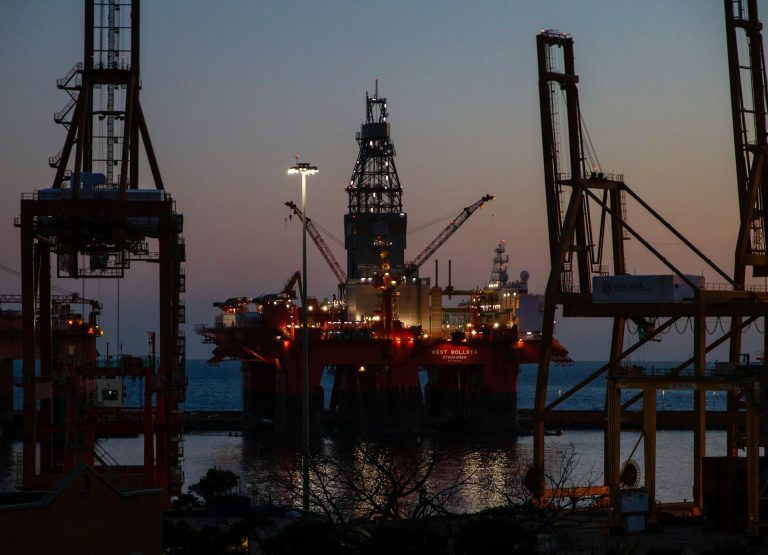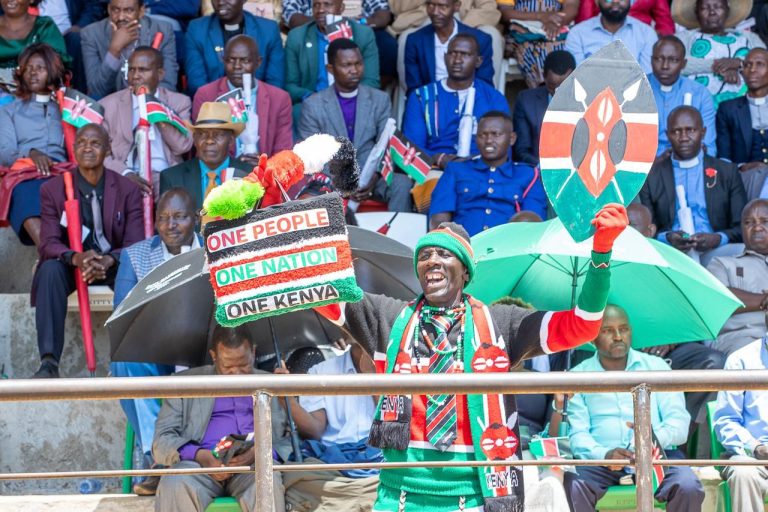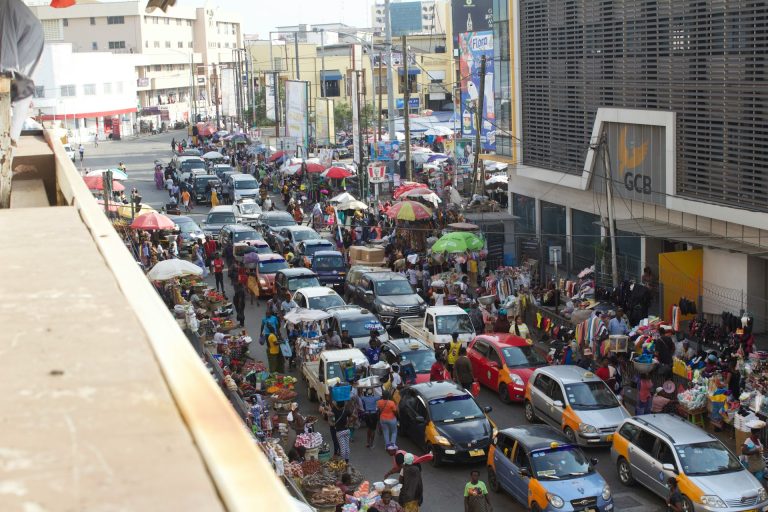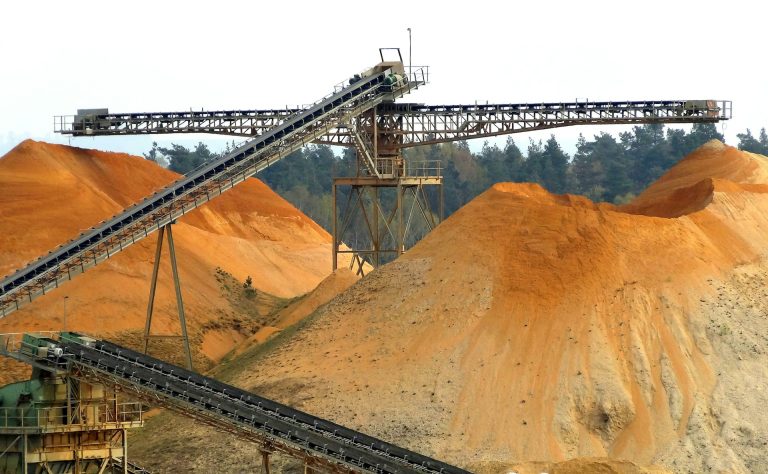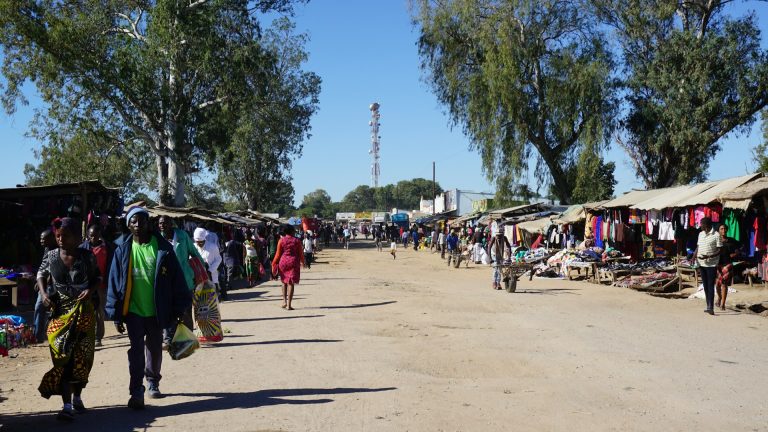- Short-term capital inflows into Nigeria surge as investors seek high returns
- Foreign direct investment falls sharply quarter-on-quarter
ABUJA, NIGERIA – Nigeria is experiencing a surge of short-term foreign capital inflows into its money market, while longer-term foreign direct investment continues to lag, according to newly released official data.
Fresh capital brought into Africa’s largest economy jumped 67% in the first quarter of 2025 to $5.64 billion, compared to $3.38 billion during the same period last year, the National Bureau of Statistics said.
More than 92% of that amount – approximately $5.2 billion – was portfolio investment, with the bulk of it, $4.2 billion, flowing into money market instruments such as treasury bills, commercial papers and other high-yield placements. Bonds attracted $877.41 million and the stock market received $117.33 million.
“What the figures show is that most of the funds that came were speculative money chasing yields, with no intention to stay longer than necessary,” said Eric Orji, a Lagos-based economist and market analyst. “Very little is coming to the productive sectors, and it’s not a sign of confidence in long-term prospects.”
High yields, fast flows
The capital inflow reflects growing appetite for Nigeria’s high-yielding assets, triggered by aggressive monetary tightening from the Central Bank of Nigeria. The central bank pushed the benchmark interest rate to a record 27.50% by the end of 2024 in response to a sharp rise in inflation, following President Bola Tinubu’s sweeping reforms which included removing fuel subsidies and floating the naira.
Money market investment rose 162.2% year-on-year and 19.5% quarter-on-quarter. Bond inflows climbed 108.5% from the previous year and soared 165.5% compared to Q4 2024. Investment in equities increased 137.7% year-on-year but dipped 18.7% compared to the last quarter.
By contrast, foreign direct investment saw a modest annual rise of just 6% to $126.29 million, but a steep drop of 70% from Q4 2024. Of that, $124.31 million went into equity, with only $1.9 million in other investments.
Banking dominates, UK leads
A sectoral breakdown shows banking received the largest slice of capital at $3.12 billion, or 55.4%, followed by finance at $2.09 billion (37.2%). Other sectors such as telecommunications, agriculture, IT, construction, and manufacturing received comparatively little.
The United Kingdom remained the top source of foreign capital, contributing $3.6 billion, followed by South Africa with $501.28 million. Mauritius ranked third at $394.51 million, ahead of the United States ($362.92 million) and the UAE ($301.62 million).
Standard Chartered, through its Nigerian subsidiary, led the pack of financial intermediaries, channelling $2.1 billion. Stanbic IBTC, the Nigerian arm of South Africa’s Standard Bank, followed with $1.39 billion, while Citibank brought in $1.05 billion.
Economists warn that while the foreign portfolio surge may ease Nigeria’s short-term financing pressures, the lack of long-term investment in productive sectors is a red flag for sustainable growth.


